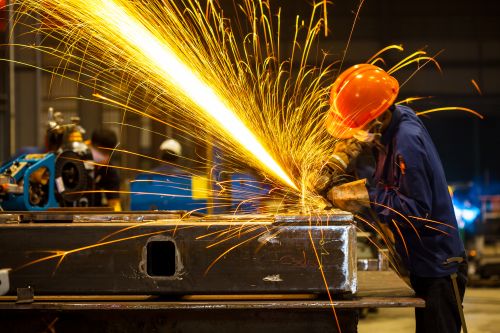

here are few areas harder to decarbonize than heavy industry. But the stakes are high. Altogether, industry represents over 30% of global GHG emissions, when counting both direct process emissions and industrial energy use.
It’s also a huge opportunity for innovation. This week, Shayle talks with Rebecca Dell, the Director of the Industry Program at The Climateworks Foundation, about the technologies that might transform cement, steel and petrochemicals.
Shayle and Reecca go industry by industry, examining the pathways to decarbonization. They cover a range of technologies, including carbon capture and storage, alternative chemistries, recycling, hydrogen and biomass, among others.
And finally, Rebecca breaks down how we might create demand for low-carbon industrial materials. The problem is that shifting to decarbonized alternatives might massively increase the cost of these commodities — probably not what the owner of a steel forge, plastics plant or cement kiln is particularly excited to invest in. But as Rebecca argues, we may be looking through the wrong end of the telescope.
For more on Rebecca’s research, check out her report Build Clean: Industrial Policy for Climate and Justice.
The Interchange is brought to you by Smarter Grid Solutions, a leading enterprise energy management software company. Find out how Smarter Grid Solutions’ software can give you real control over your clean energy assets.
